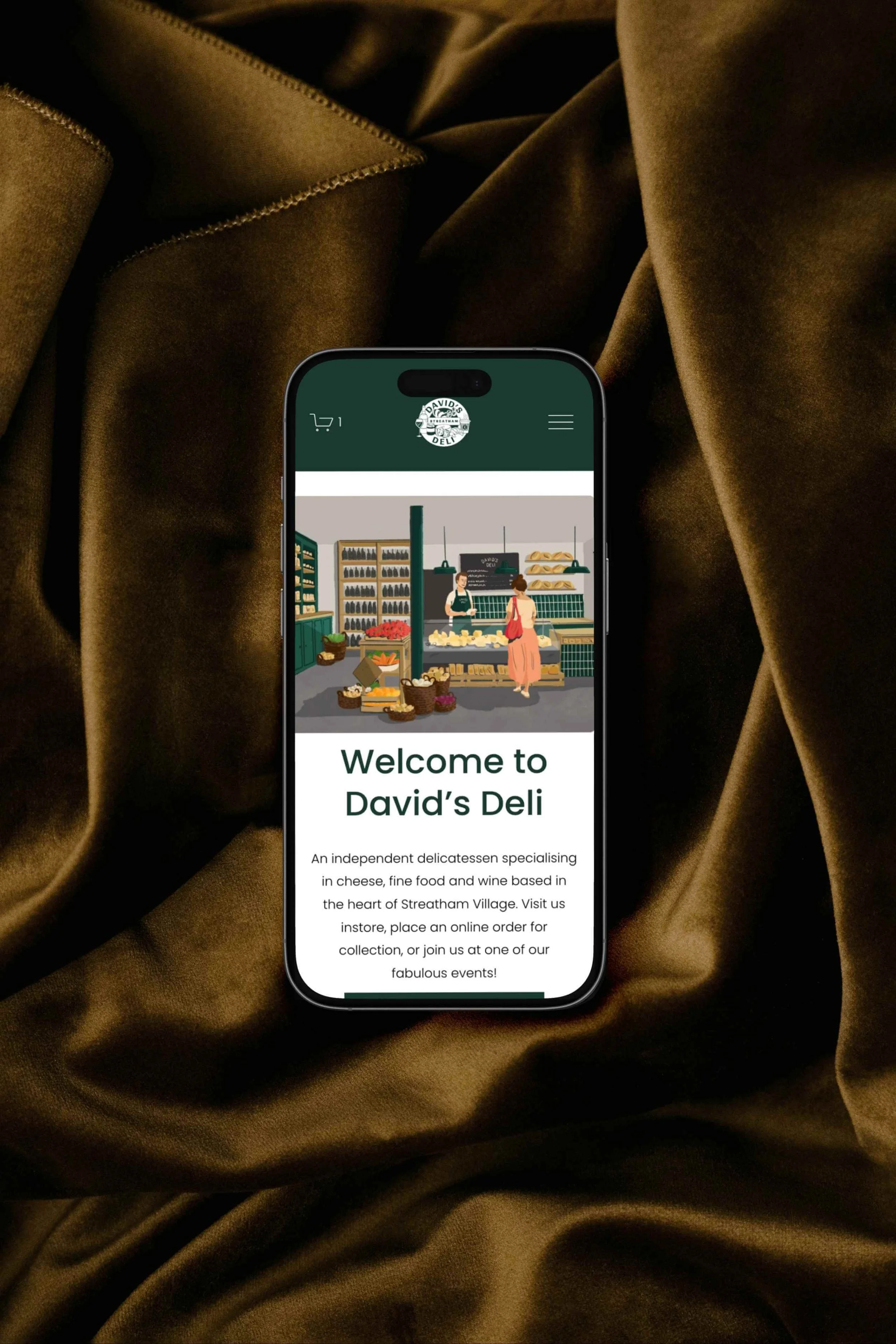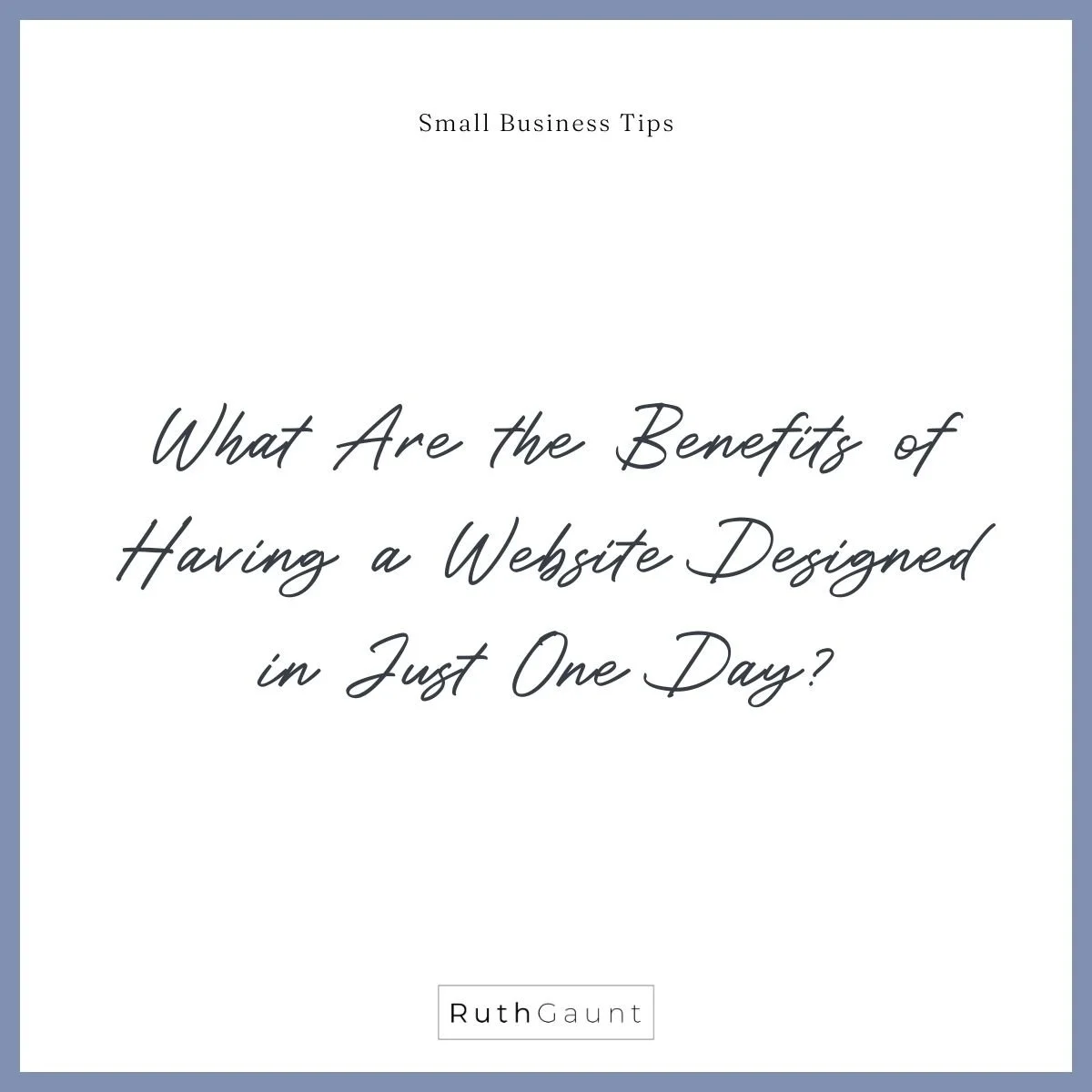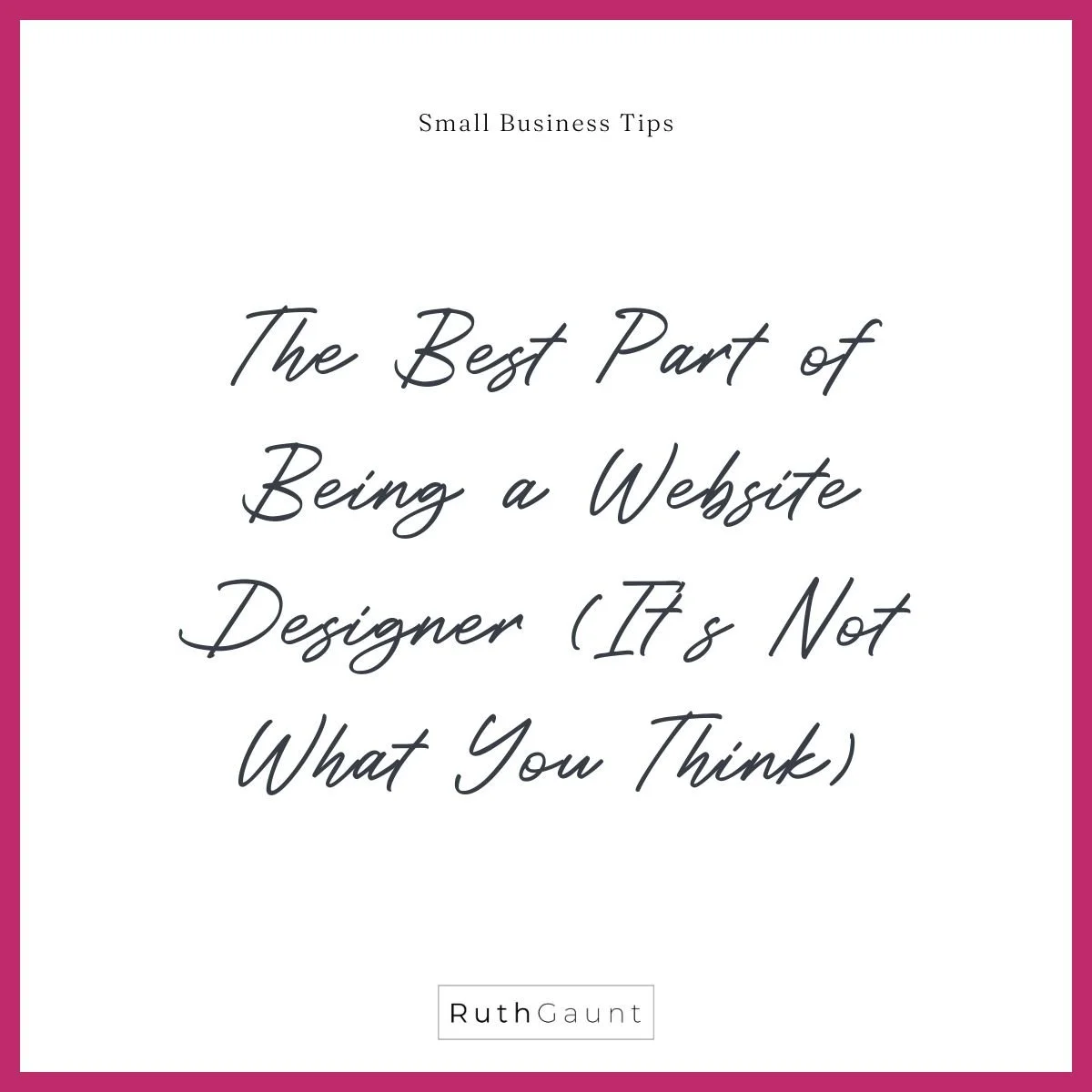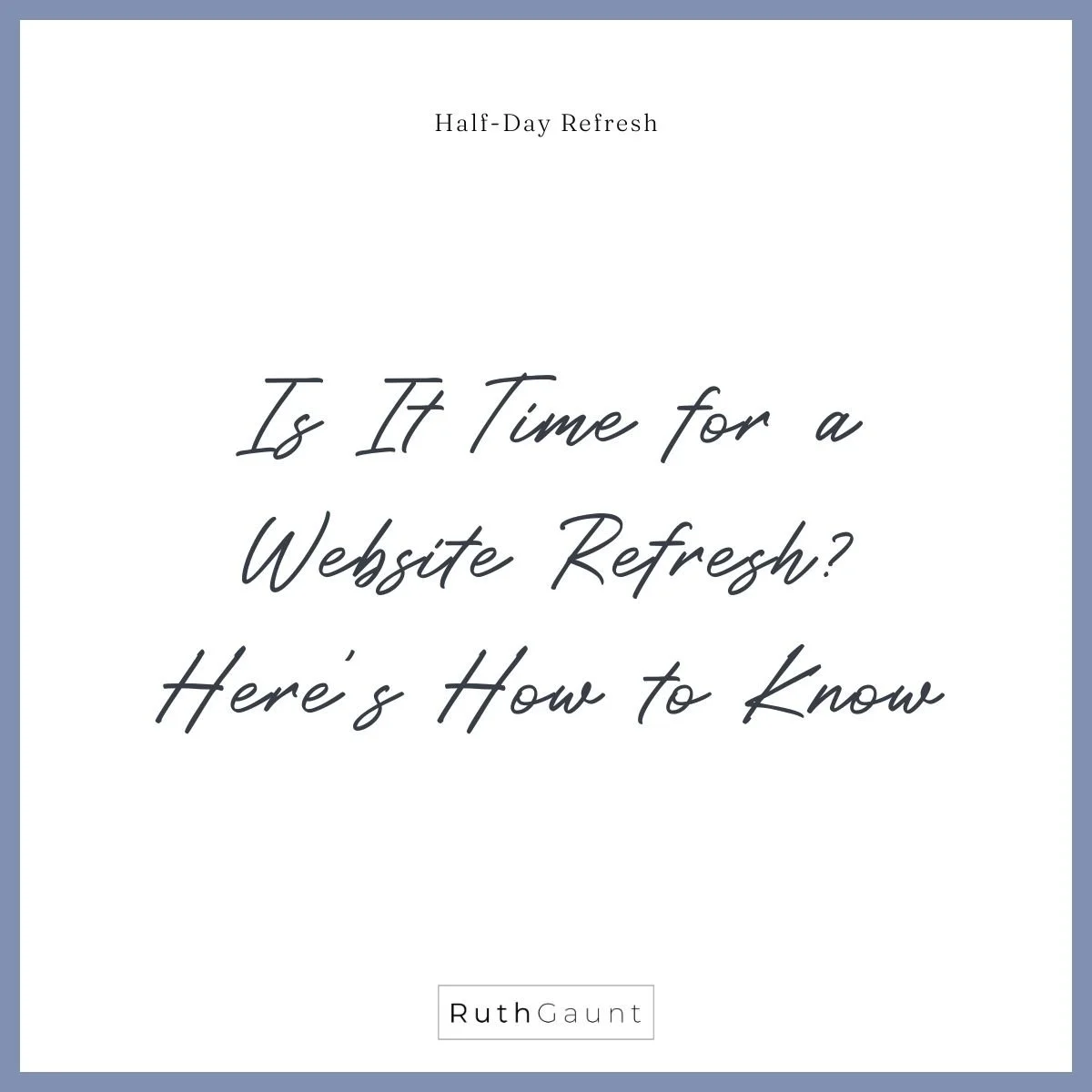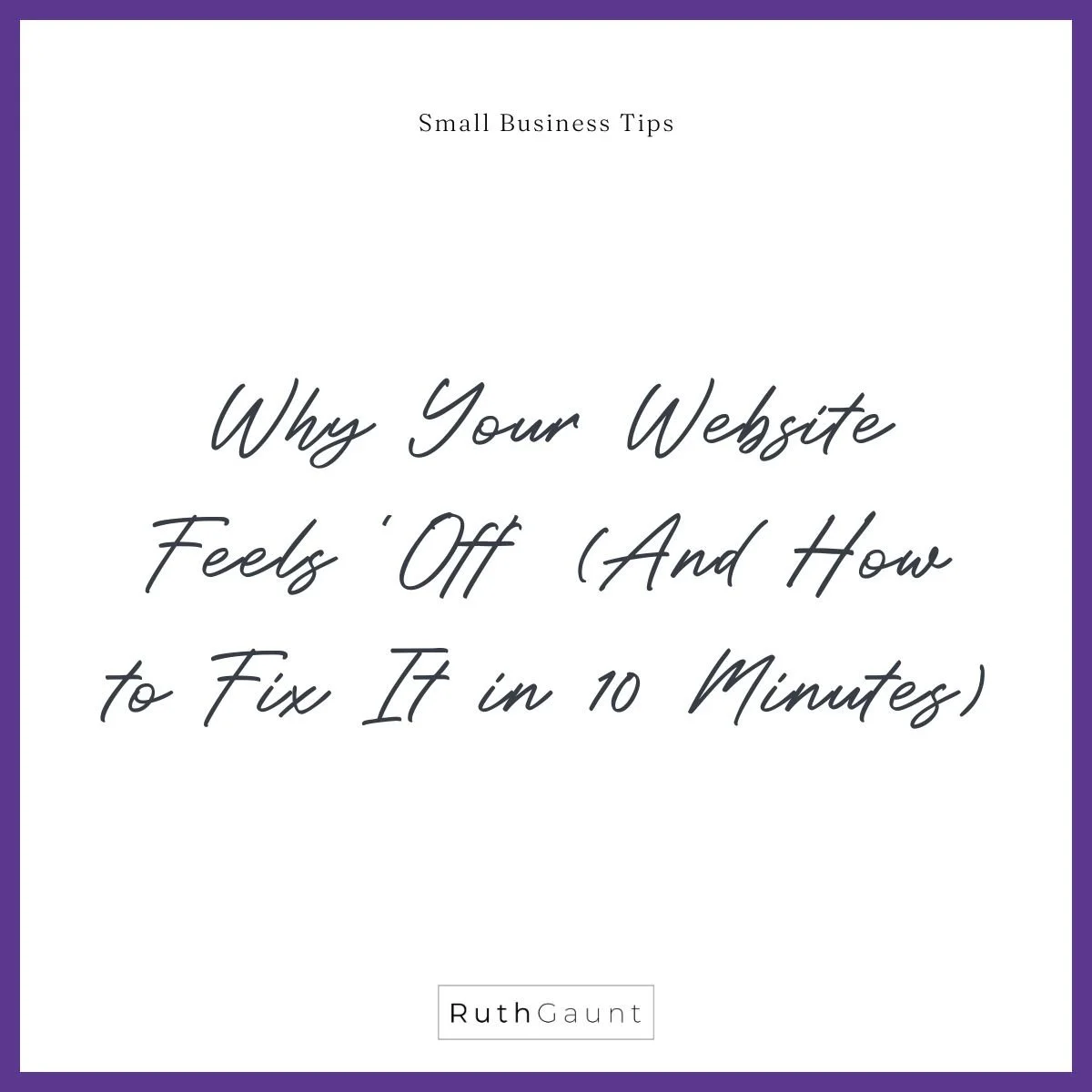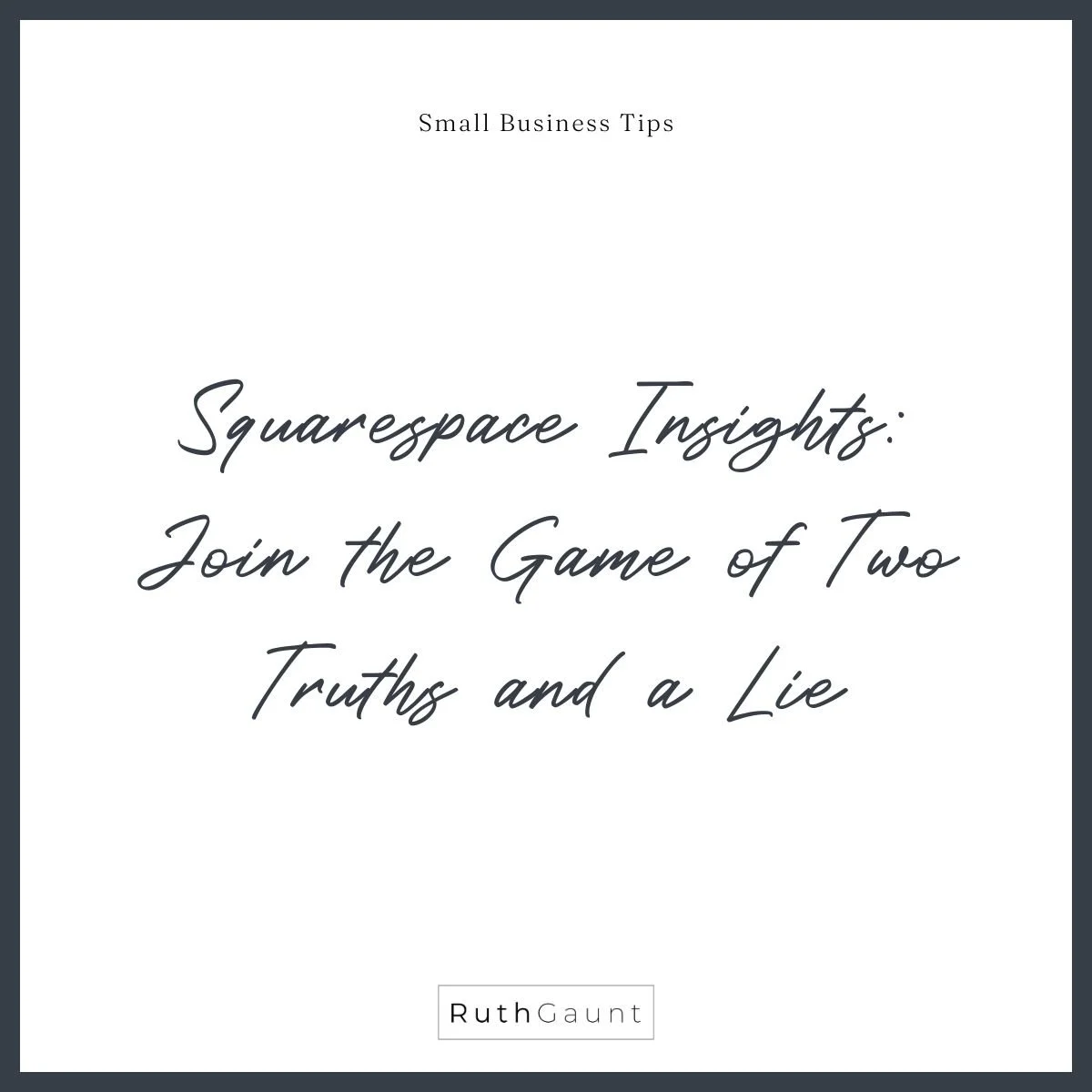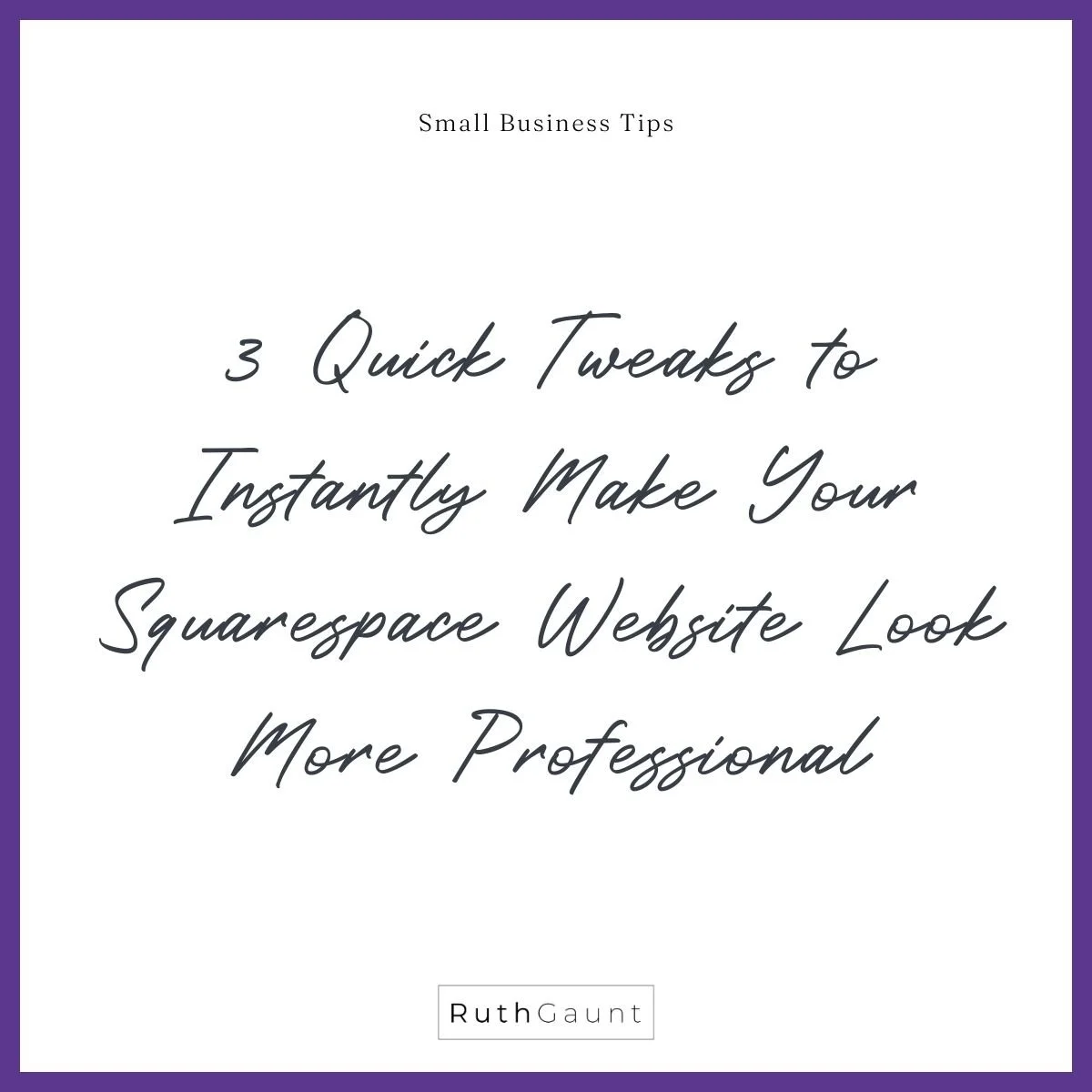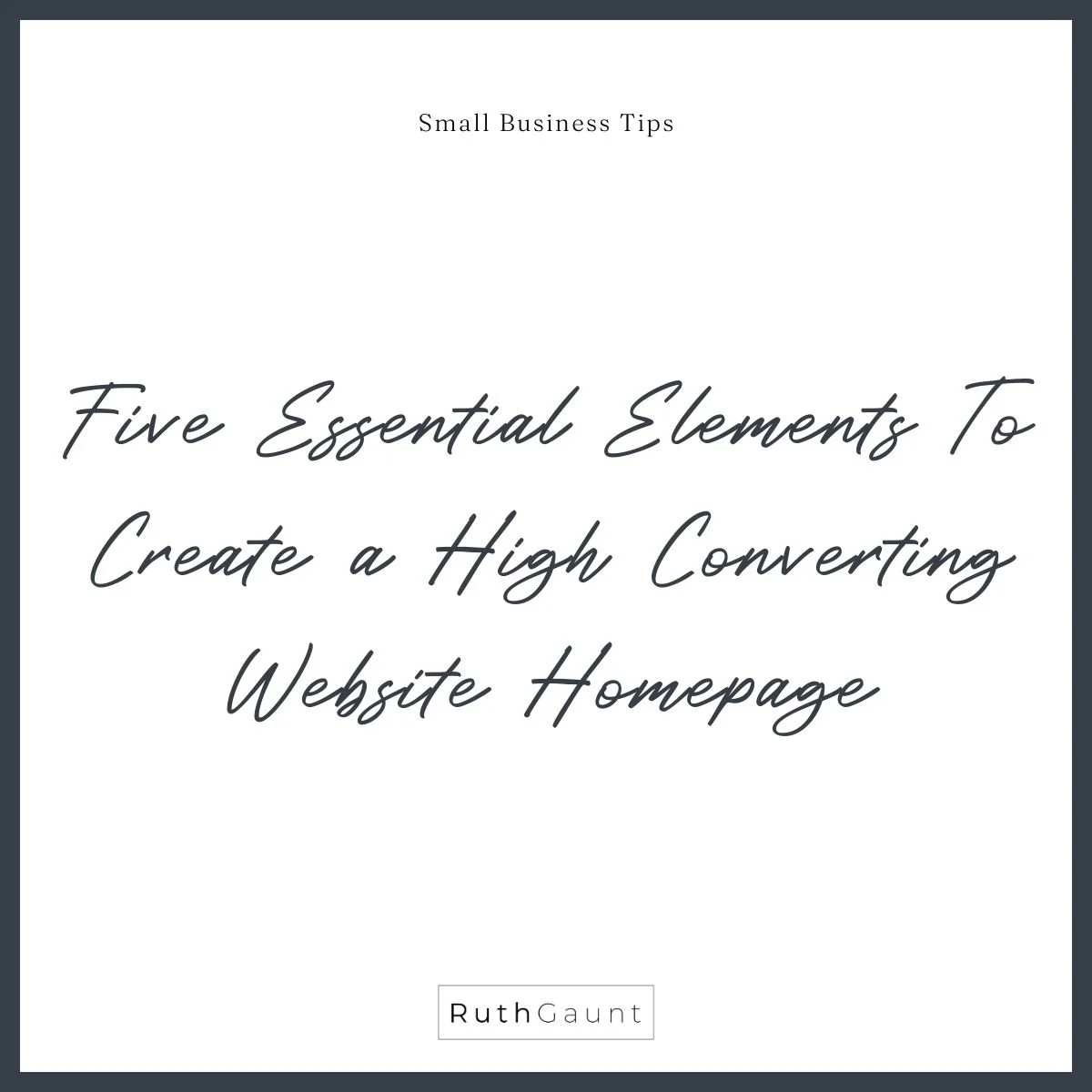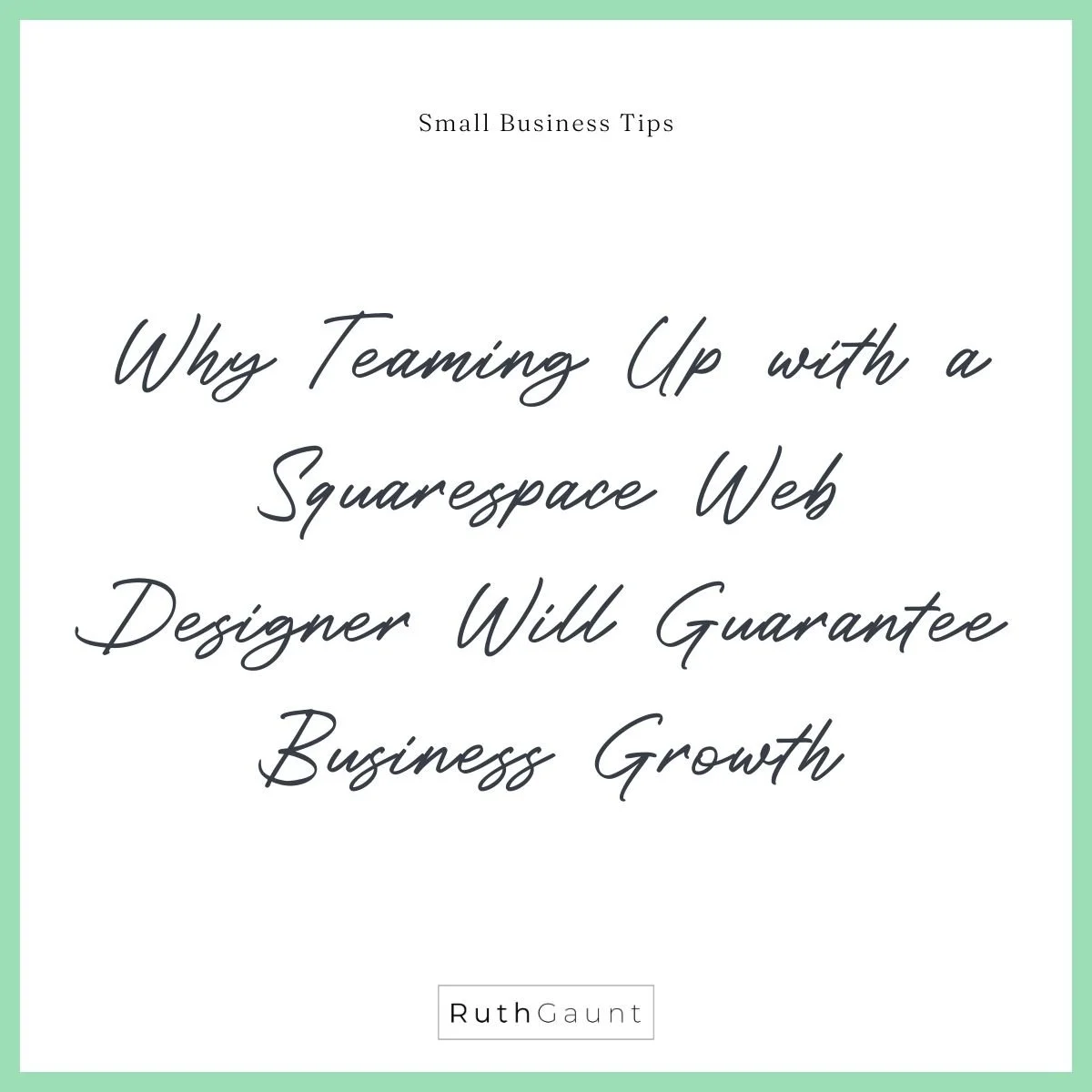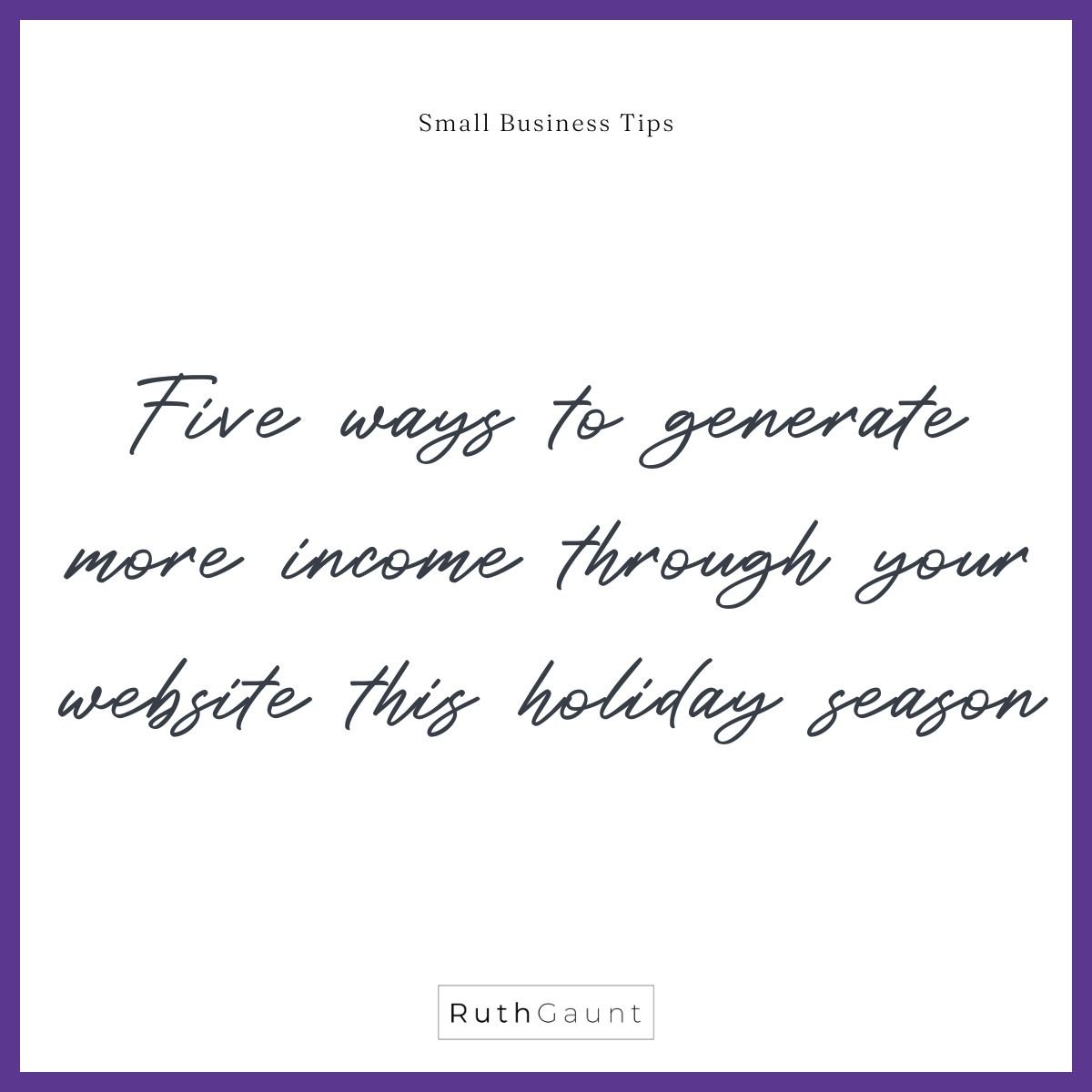Why Your Small Business Needs a Website (And Why Relying on Social Media Isn’t Enough)
In today’s digital age, a strong online presence is essential for small businesses. Whether you’re a local café, a boutique, or a freelance consultant, having a website can be a game-changer for reaching new customers and building credibility. However, many small businesses make the mistake of relying solely on social media platforms like Facebook, Instagram, or TikTok to connect with their audience. While these platforms can be useful for engagement, they shouldn’t be your only avenue for online presence. Recent events, like the potential ban of TikTok in the US, show just how vulnerable social media platforms can be, making a website more important than ever.
Here’s why small businesses need their own website—and why relying solely on social media might be a risky strategy.
1. Full Control Over Your Brand and Content
When you own a website, you have complete control over how your business is presented. You get to choose the design, the tone, and the structure. You can display your products, services, and company values exactly how you want to, without being restricted by the format or algorithms of social media platforms.
On platforms like TikTok or Instagram, you’re playing by someone else’s rules. These platforms decide what your audience sees based on complex algorithms, which are constantly changing. Even if you have thousands of followers, there’s no guarantee that they’ll see your posts. You’re at the mercy of the platform’s policies, changes in the algorithm, and external factors like potential bans or restrictions.
2. Social Media Platforms Aren’t Permanent
While social media is great for short-term engagement, it’s not a permanent home for your business. Platforms come and go, and what’s trendy today might be obsolete tomorrow. For example, TikTok has been a hotbed of marketing for many businesses, but it faces increasing scrutiny in the US due to concerns over data privacy and national security. There's even the possibility that it could be banned in the country.
If your business relies too heavily on TikTok, you could suddenly find yourself cut off from your audience without warning. Other platforms, like Vine, have come and gone, and even giants like Facebook and Instagram have faced shifts in popularity and usage patterns. A website, on the other hand, is yours for the long haul. It's a permanent, stable presence that you own and control, with no risk of sudden shutdowns or algorithm changes that could impact your business.
3. Build Trust and Credibility
Having a professional website builds trust with potential customers. In the age of online shopping and digital transactions, consumers expect businesses to have a dedicated online presence. A sleek, well-designed website conveys professionalism and reliability, while a lack of one can make your business appear outdated or untrustworthy.
On social media, it’s easy for anyone to create a profile, and some customers may view businesses that rely solely on social media as less established. A website can serve as a central hub for all your business information, offering potential clients a sense of security when they want to know more about your company, read reviews, or check out your product offerings.
4. Search Engine Optimisation (SEO) and Organic Growth
Unlike social media, a website allows you to tap into the power of search engines like Google. By optimising your website for SEO, you can increase your visibility in search results and attract organic traffic. People are constantly searching for products or services like yours, and a website ensures they can find you.
On social media, growth is typically dependent on your ability to create viral content or pay for ads, both of which can be hit or miss. With SEO, however, you’re investing in long-term, sustainable growth. As your website ranks higher on search engines, you’ll see more visitors who are genuinely interested in what you offer.
5. Better Analytics and Insights
With your own website, you have access to detailed analytics about your visitors: where they’re coming from, what pages they visit, how long they stay, and more. This kind of data is invaluable for understanding your audience and refining your marketing strategy.
While social media platforms do offer analytics, they are often limited in scope and depend on the platform's own tracking mechanisms. Plus, those insights are tied to the platform itself, which could change or disappear entirely.
6. Direct Communication with Customers
A website allows for direct, personalised communication with customers. Features like email sign-ups, contact forms, live chat, and even booking systems help you stay connected with your audience in a way that social media can’t match. Social media platforms often bury direct messages under a sea of notifications, making it harder to keep track of customer enquiries. A website, on the other hand, creates a streamlined experience for visitors to engage with you.
7. Protect Your Business from Platform Shutdowns
Finally, the rise and fall of platforms should be a wake-up call for any small business owner. As we've seen with TikTok, social media platforms can face sudden bans, like the one proposed in the US, leaving businesses scrambling to pivot. If your business relies too heavily on a single platform, you're putting all your eggs in one basket.
A website acts as a safety net. Even if a social media platform is banned or goes out of style, your website will still be there, and your customers can continue to find you.
A Website Complements Social Media, It Doesn’t Replace It
It’s important to recognise that social media can be a powerful tool for engagement, brand awareness, and customer interaction. Platforms like TikTok, Instagram, and Facebook offer unique opportunities for businesses to connect with their audience and create viral content. However, social media should not be the only channel you rely on for your business success.
A website is a long-term investment in your business’s stability and growth. It provides control, credibility, and a solid foundation that can weather the ups and downs of digital trends. With a website, you’re not dependent on any one platform, algorithm, or external factor. You own your presence, and you can ensure that your business remains discoverable, credible, and accessible to your audience no matter what the future holds.
So, don’t wait for the next TikTok ban or social media shake-up. Invest in a website that will help your small business thrive in the long run!
Are you ready to give your business the digital stability it deserves? Use the button below to book a free chat!
If you liked this post you may also like:


